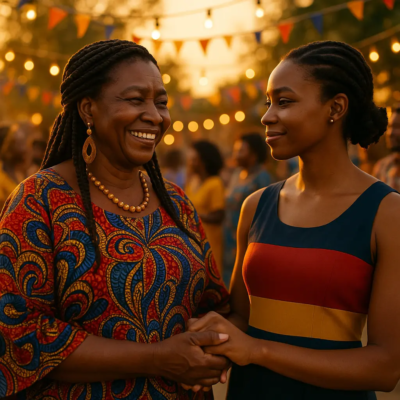Why Bride Price Still Matters in Africa: Tradition, Respect, or Social Obligation?

Why Bride Price Still Matters in Africa: Tradition, Respect, or Social Obligation?
The Cultural Weight of Marriage Traditions
Across many African societies, bride price (commonly known as « la dot ») is more than just a custom — it’s a powerful expression of honor, recognition, and commitment. A recent video featuring African mothers speaking out has reignited the conversation around this deep-rooted practice.
“Bride price is not about buying a woman”
That’s the message echoed by the women interviewed. Contrary to common misconceptions, paying a bride price doesn’t mean placing a monetary value on a woman. It is about honoring her parents, acknowledging her upbringing, and officially joining two families under the eyes of ancestors and tradition.
An undowered woman is often socially invisible
Without bride price, some women are not fully recognized in their partner’s family. “She isn’t protected — even spiritually,” one mother stated. In certain communities, living with a woman without having paid her bride price can lead to marginalization and lack of respect from in-laws and society.
In conflict or crisis, bride price is protection
Beyond cultural weight, bride price also serves as legal and social protection. In the event of separation or death, a woman whose bride price was not paid may be reclaimed by her family — sometimes without negotiation. The dowry becomes a safeguard in both symbolic and practical terms.
A bridge between tradition and modern love
While some criticize bride price as outdated or patriarchal, many see it as an anchor of identity and community. The testimonies from African mothers remind us that beyond the money, it’s the gesture of respect, validation, and protection that truly matters.

